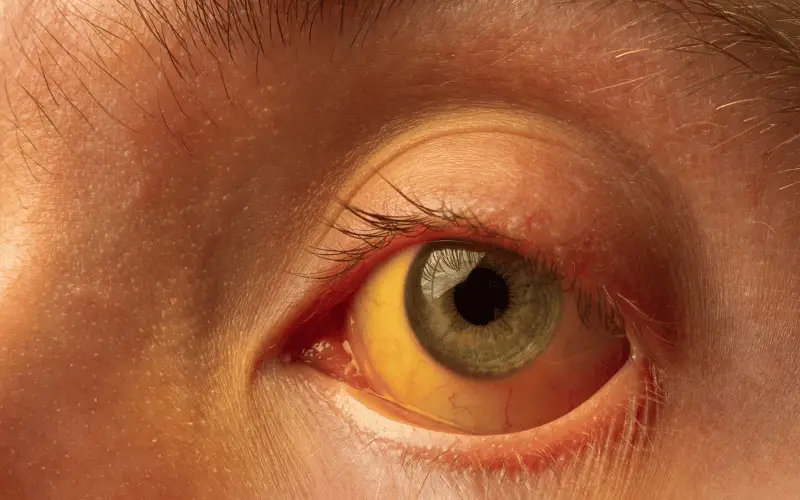Introduction: Piercing the Veil of Alcoholic Hepatitis Symptoms
When we discuss alcoholic hepatitis, we’re broaching a subject that whispers of the silent battles waged within the human body. This condition, often shrouded in misconception and lack of awareness, presents an array of symptoms that go beyond the untrained eye. With a staggering number of individuals indulging in alcohol use, the risk of developing alcoholic hepatitis looms larger than many might presume. It’s not just about the quantity of alcohol consumed; it’s about understanding the body’s distress signals, which, when heeded, could be life-saving.

The liver, our chemical-processing plant, is robust yet not invincible. It copes silently with moderate alcohol intake but buckles under persistent excess. Alcoholic hepatitis, an inflammatory condition of the liver, emerges from the shadows of this indulgence. The symptoms of this condition are as varied as they are significant – ranging from the subtle nuances of fatigue to the stark reality of jaundice. These symptoms don’t just paint a picture of present conditions; they also sketch a trajectory of potential future complications, offering a lens through which the health consequences of prolonged alcohol abuse can be viewed.
However, the liver’s resilience should not be underestimated. It is only when the barrage of alcohol-induced injury persists that the symptoms begin to surface, signaling an SOS that necessitates immediate attention. These signals are not to be ignored or brushed off as temporary ailments; they are the harbingers of a serious condition that requires intervention. Recognizing these symptoms early can make a substantial difference in the outcome of the disease, swinging the pendulum from deterioration to recovery.
Diving into these symptoms, we’ll traverse the spectrum of what the body endures during alcoholic hepatitis. It’s a journey that highlights the importance of early detection and the impact of lifestyle choices on our health. With each symptom, there’s an underlying message, a piece of a puzzle that when put together, can steer one away from the cliff edge of liver disease and towards a path of recuperation and healing. So let’s get started our exploration into the ten symptoms of alcoholic hepatitis. It is not just a list; it’s a call to action, an educational voyage aimed at empowering individuals with knowledge.
1. Jaundice: The Stark Indicator of Liver Dysfunction

When we talk about jaundice, we’re addressing one of the most visually striking symptoms of alcoholic hepatitis. This condition manifests through a distinct yellowing of the skin and the whites of the eyes, known medically as scleral icterus. It’s not a symptom to be taken lightly; it’s a clear sign that the liver is struggling with its detoxifying role.
The yellow pigment is bilirubin, a byproduct of the normal breakdown of red blood cells. A healthy liver will usually process and eliminate bilirubin. However, in the throes of alcoholic hepatitis, the liver’s impairment leads to an accumulation of this pigment in the blood, causing the characteristic yellow tint to the skin and eyes.
Interestingly, the severity of jaundice can fluctuate with the progression of the disease. Initially, it may present subtly, but as the condition worsens, the yellowing becomes more pronounced. For some, the yellowing begins in the eyes and spreads to the skin, while for others, it may be more noticeable in the skin first. This variation adds an element of unpredictability to the symptom.
In addition to the visual changes, jaundice is often accompanied by itchiness. This is due to the buildup of bilirubin in the tissues, which can cause an intense itching sensation that no amount of scratching can relieve. The discomfort can be so severe that it disrupts sleep and impairs quality of life.
While jaundice is an alarm bell for alcoholic hepatitis, it’s also a broader signal that the liver, regardless of the cause, is in distress. It’s a symptom that reflects both the immediate impact of alcohol on the liver and the long-term repercussions of alcohol misuse. (1)